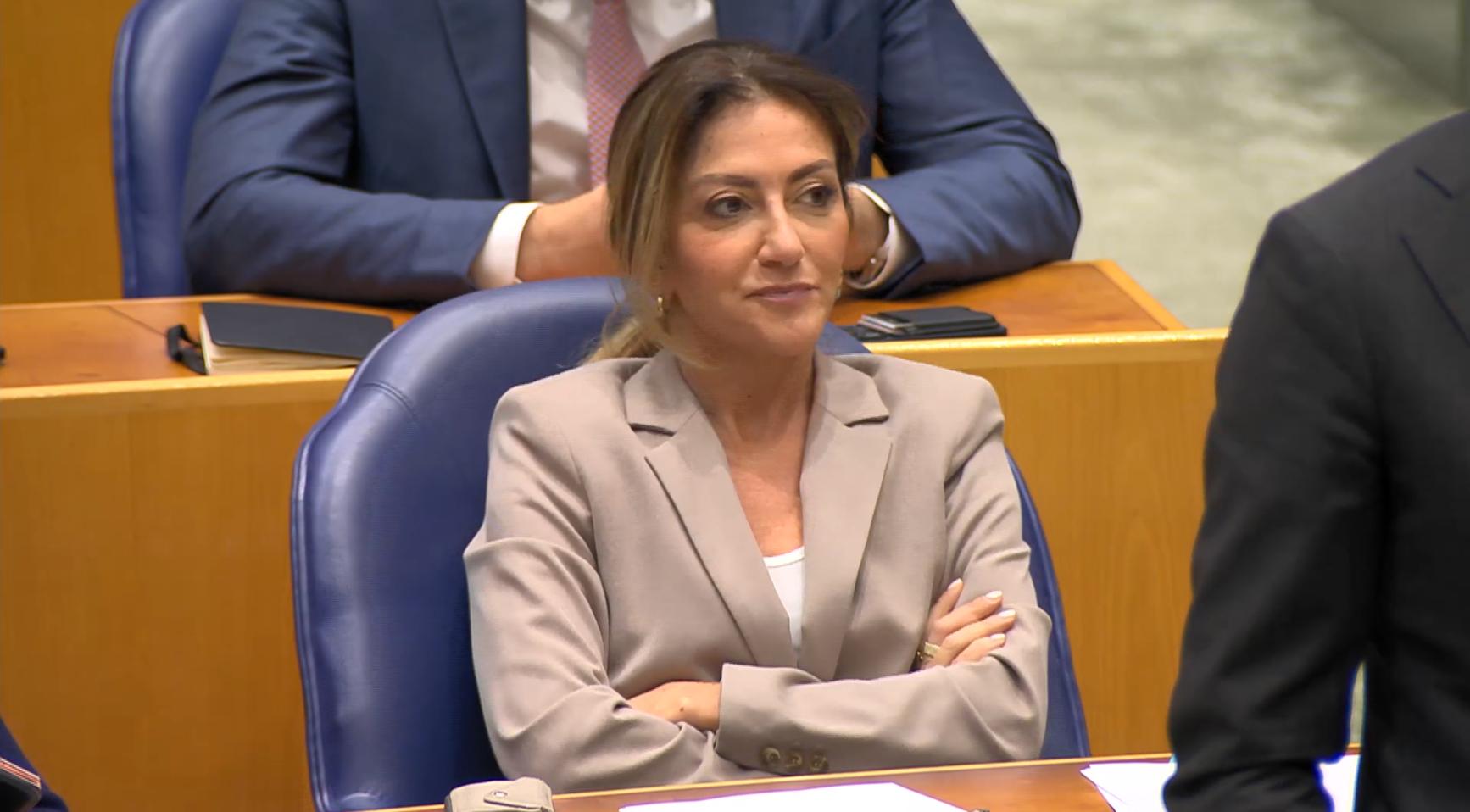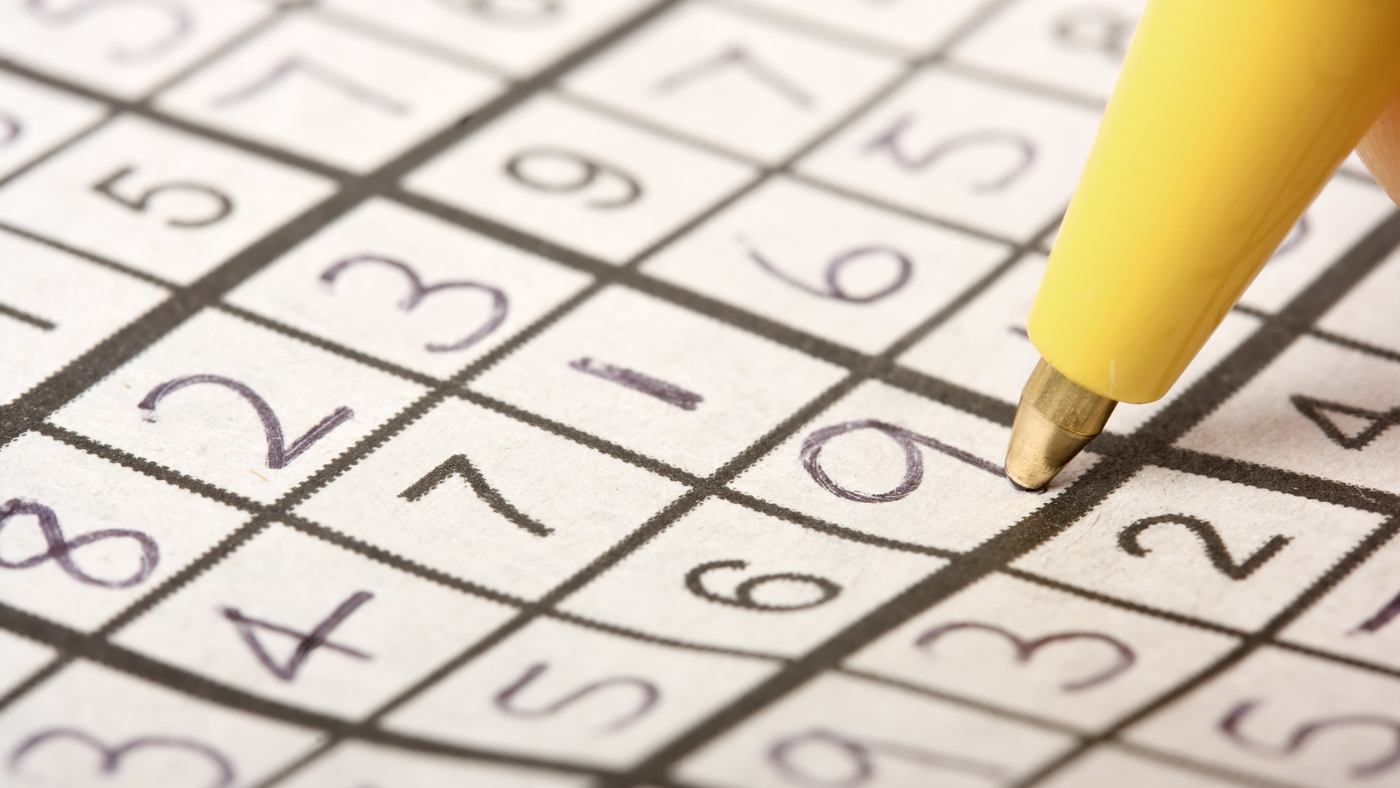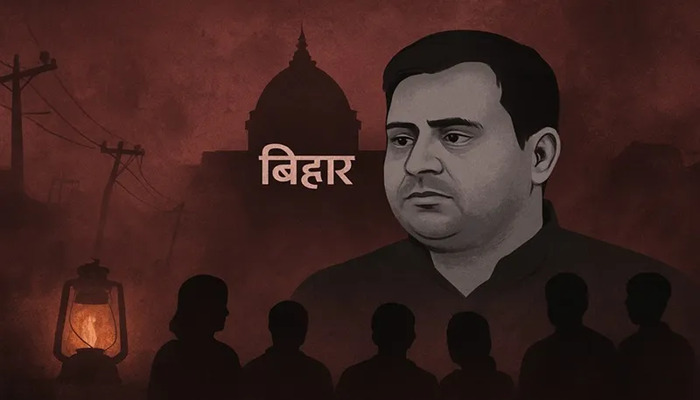By 83235,Nl Times
Copyright nltimes

The VVD, D66, and JA21 are converging in terms of seats in a new Ipsos I&O poll. The three liberal parties are now roughly equal, with the VVD down to 14 seats in the poll (currently 24 in parliament). The social-liberal D66 is up to 13 seats (currently 9), and the conservative-liberal JA21 follows with 12 seats. The party of the current lone JA21 MP, Joost Eerdmans, continues to climb sharply, having gained another 3 seats since early September.
It is also noteworthy that the NSC is polling at zero seats for the first time and may disappear from the Tweede Kamer, the lower house of the Dutch parliament. The Pieter Omtzigt-founded party, which resigned from the caretaker government last month, had previously polled at a few and then one seat in parliament. That too has disappeared. However, due to the uncertainty margins, support for the NSC and other parties may actually be slightly higher or lower.
50PLUS is back on the list, now polling at one virtual seat. The senior citizens’ party disappeared from the Tweede Kamer in 2021, when its last parliamentarian, Liane den Haan, left the feuding party and took her seat with her.
Geert Wilders’ PVV remains by far the largest party with 32 seats in the poll (currently 27 seats in parliament), followed by the CDA (24, now 5), and GroenLinks-PvdA (23, now 25 in parliament).
The polling agency also looked at undecided voters. A month and a half before the previous parliamentary election in November 2023, more people were already (almost) certain of who they would vote for. Back then, 30 percent already had a strong preference for one of the parties. Now that’s only 17 percent. This means that 83 percent are still unsure: 63 percent are choosing between several parties, and 20 percent have no idea yet.
The outright exclusion of a party as a potential coalition partner doesn’t sit well with voters of the PVV, VVD, and JA21. They consider it undemocratic. Voters of GroenLiks-PvdA, CDA, and D66 consider it acceptable if there’s a good reason. VVD leader Dilan Yeşilgöz’s decision not to govern again with the PVV divides her voters: 30 percent support it, 44 percent oppose it.
The survey was conducted in collaboration with Pauw & De Wit and included 2,228 Dutch voters.



